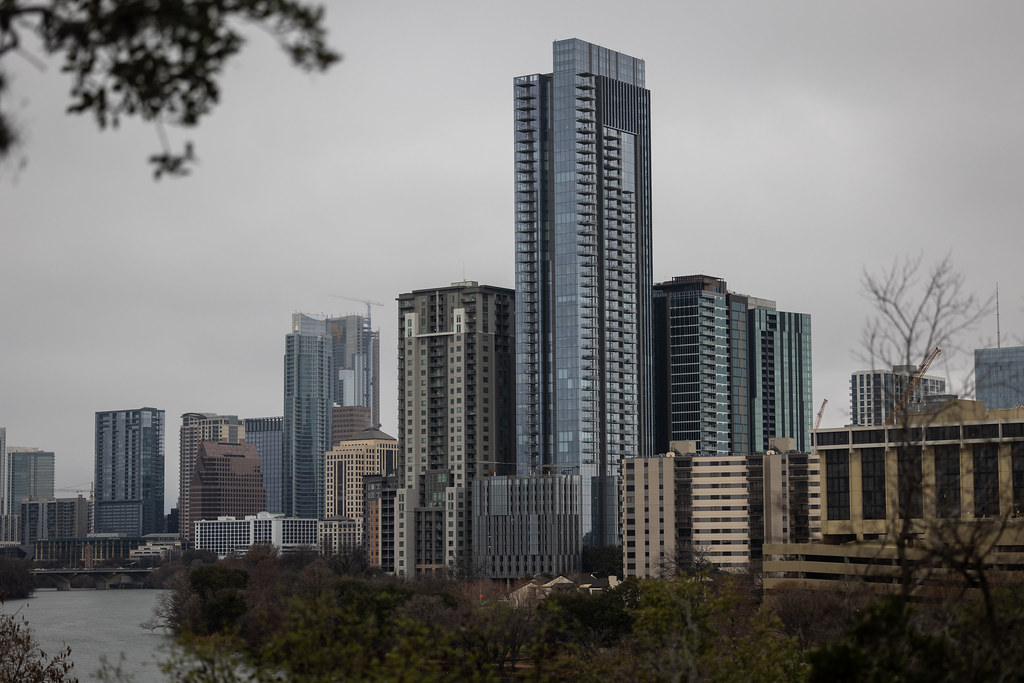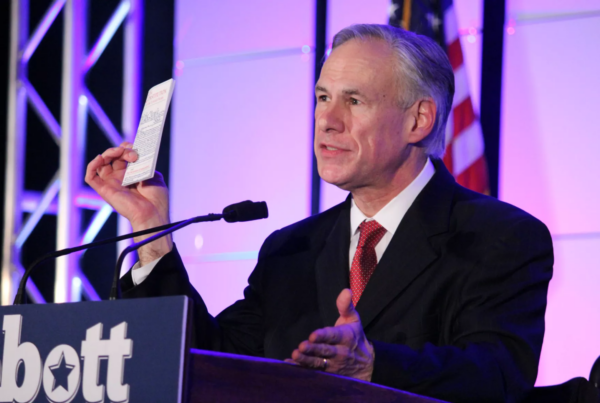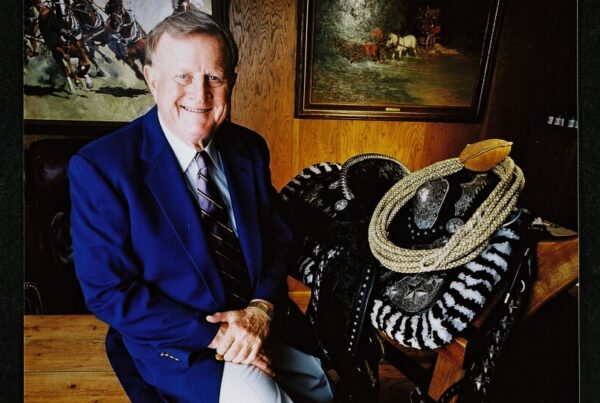Texas lawmakers often file bills targeting the state’s biggest cities, which are mostly run by Democrats. These bills limit what local governments can do in response to any number of issues.
During the last legislative session, for example, Texas lawmakers passed a slew of bills dictating local governments’ response to the COVID pandemic. These included banning the mandatory closure of churches and gun stores during an emergency declaration by the governor and prohibiting businesses from requiring customers to show proof of vaccination.
This session, legislators are eyeing proposals that would take limits on local government to a new level.
Jasper Scherer, who covers the Capitol for the Houston Chronicle, said one particular bill is unique because it’s very broad.
“In the past, a lot of these proposals, and some bills that actually made it across the finish line, would look to regulate one-off policies – specific areas like preventing anti-fracking measures,” he said. “What’s being proposed this session would go a lot farther and kind of regulate entire fields of areas that are already controlled by state law.”
While there are several bills that have been filed along these lines, one that local government officials are keeping an eye on would forbid local regulations related to issues already covered by state code. This includes labor and agriculture, Scherer said.
This is a state spin on a federal concept called preemption, which dictates that federal law take precedence over state law.
“As far as I know, this is the first time that anything like this is being proposed as it relates to the Texas state government and local cities and counties,” Scherer said.
The effort is being led by Republican lawmakers: Brandon Creighton of Conroe in the Senate, and Dustin Burrows of Lubbock in the House.
“Creighton in particular proposed a similar bill last session that I think would have been a little more narrowly focused on businesses trying to prevent cities from requiring stuff like paid sick leave,” Scherer said. “That bill did not get to the governor’s desk. But I think this is also just a natural progression of what Republicans have been trying to do over the last several years.”
Scherer said the argument Republicans are making in favor of this bill is that it’s good for the economy – that businesses will be more likely to grow in Texas if they don’t have to face a patchwork of conflicting local regulations.
“They really want to make sure that they’re forcing cities to kind of streamline regulations, is the way they’re putting it, to just ensure that when a business is thinking about coming to Texas or thinking about expanding from one city to another, that they’re not dealing with local regulations that might be the same in one city, different in the other,” he said. “Essentially what they’re saying is they want to remove all possible barriers to these businesses investing more in Texas and ultimately creating more jobs.”
However, those with concerns about the proposal have pointed out that its breadth might make it difficult for cities to enforce basic regulations.
“One of the main points that opponents of these bills are making early on is that we don’t fully know how far the reach could be for some of this stuff,” Scherer said. “For instance, one of the examples I’ve seen is there’s a state code regulating agriculture. That’s one of the ones referenced in this bill, that cities could not pass any agriculture-related ordinances. … That could extend to things like cities setting limits on how high residents’ grass can grow, which is a pretty common ordinance across most cities in Texas.”
Scherer said this bill looks likely to pass given that it has support in both chambers and from the governor’s office.
“Gov. [Greg] Abbott has gotten behind the bill we’re talking about,” he said. “Any time the governor gets behind something – and you combine that with how much enthusiasm there’s been among Republicans on these one-off issues in the past – I think if we’re putting odds on it, it’s looking pretty good early on.”













